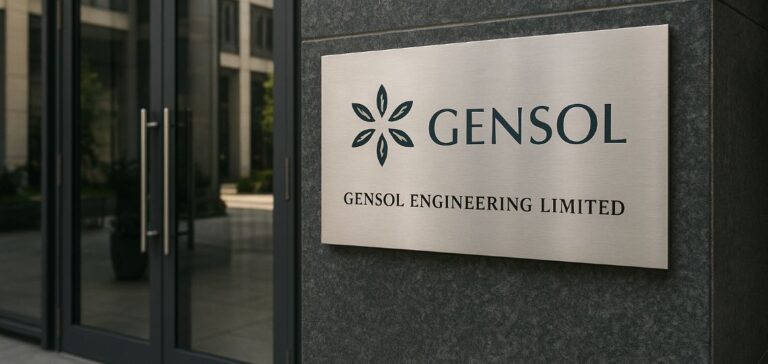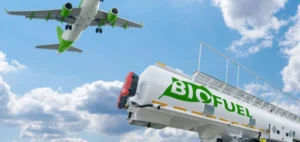The Indian Renewable Energy Development Agency (Ireda), a state-owned renewable energy financing institution, has filed a second bankruptcy petition against Gensol Engineering, this time targeting its electric vehicle leasing division, according to a statement published on May 17 by BW Online Bureau. The default amount stands at Rs 2.18 billion ($25.48mn), in addition to a previous action initiated two days earlier for Rs 5.10 billion ($65.43mn) concerning the company’s solar operations.
The financial default spreads to the mobility sector
Gensol EV Lease, the entity responsible for managing the electric vehicle fleet operated by ride-hailing service Blusmart, is the subject of this latest filing. Blusmart was co-founded by Anmol Singh Jaggi, former Managing Director of Gensol, whose resignation was announced this week. The company has not issued any official comments regarding the reasons for the resignations or the expected impact of these legal actions on its ongoing operations.
According to India’s market regulator, Gensol failed to meet its financial obligations, including those linked to loans used for the procurement of electric vehicles for Blusmart. These concerns were first raised in April and triggered a series of administrative measures.
Criminal investigation and creditor pressure
Alongside its legal filings, Ireda lodged a complaint in April with the government’s Economic Offences Wing, accusing Gensol of document falsification when securing loans. The agency also confirmed the launch of an internal investigation into the company’s commercial practices.
Power Finance Corporation, another institutional creditor of Gensol, has voiced similar concerns and is reportedly considering legal action, although no official confirmation has been provided. Gensol Engineering’s overall financial position remains unclear as several of its major funding sources begin to withdraw.






















